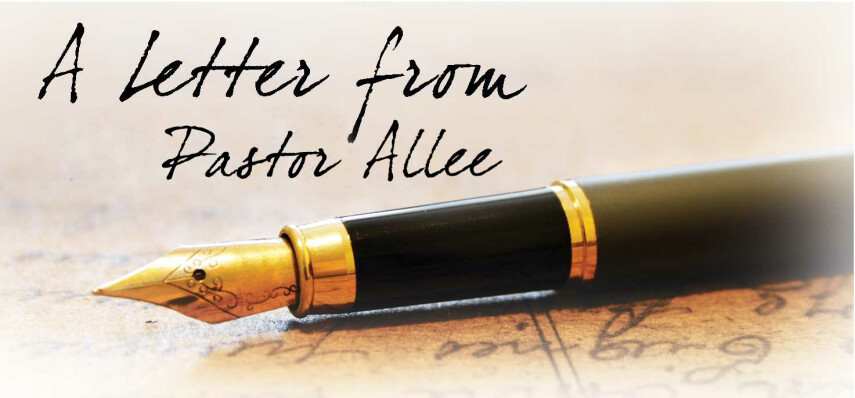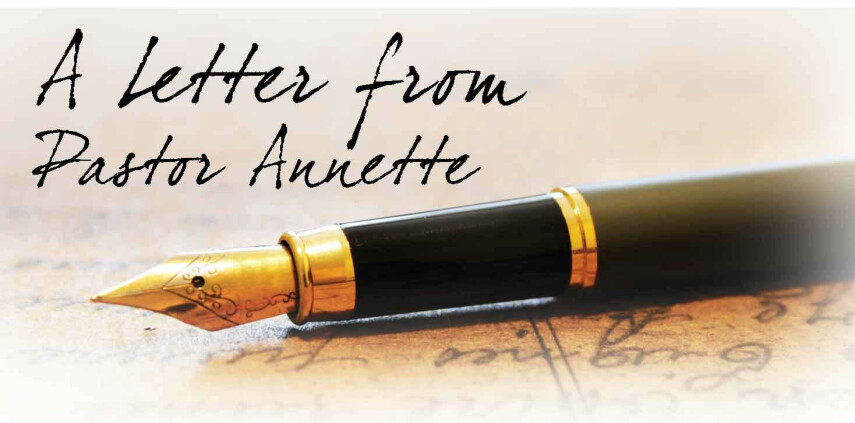Pastor's E-Letter 1/31/20

A couple of months ago I began watching the hit TV show, Mad Men, with a friend. (I know, I’m late, and I know- not too church appropriate!) It is a fantastic show, chronicling the life of Don Draper and the nature of the advertising business in Manhattan in the 1950s and 1960s. It has won many awards for its excellence. However, early on in the series, I had to have my friend frequently pause the episode so that I could yell into a pillow.
You see, while Mad Men is excellent in its character development, scenery, and costuming, it is also VERY historically accurate. It portrays the struggle of women in the advertising industry in the 1950s and 1960s. While they are independent, strong, and well-developed on their own, they also live in a world that does not value their gifts or their work. One of the main characters, Peggy Olsen, is excluded and pushed out by all except Don Draper in her quest to become a writer for the agency. In the world of Mad Men, a wife cannot seek mental health counseling without her husband’s permission. There are mean comments and awful abuse, portrayed in vivid detail.
Hence: the pillow-screaming. The comments made towards Peggy and others were at first, infuriating. And then, slowly, I started to feel grateful. The blatant mean-spiritedness, barriers to inclusion, and resistance to leadership is mostly a phenomenon of the past. We have come so far. Our world is not characterized by this blatant discrimination against women any longer. I work in a church and benefit from a world that values my gifts as a woman. I had a similar experience of gratitude as I did research on racial reconciliation. We have come so far. Yet, we still have room to grow.
This week in worship, we will celebrate the way the church has led the world in valuing women. Jesus included women in his early ministry as disciples and supporters. Paul visited house churches led by women. John Wesley believed women could be called to teach and lead because of the strong influence his mother Susannah had on his formation and discipleship. Then, the United Methodist Church was one of the first mainline denominations to approve of female pastors. We know that when little girls witness women in leadership, it greatly improves their confidence. (Seriously, I could go on.)
We’ll also talk about the ways that the world could improve. While we don’t live in the same world as Don and Peggy, we still see gender-based discrimination, even in the church. This harms all of us. Men are bullied for a lack of “masculinity” and women are still seen as less-than, not valued, or unable to lead. The “Me Too” movement is a watershed of women speaking up against the abuses they’ve faced, and the church has had its own “Church Too,” movement as well.
Our job as the church is to pick up the work of Jesus, Paul, and John Wesley to celebrate the gifts of women AND men. Our job as the church is to include all people in the calling of God, and to echo the words of Galatians, “There is no longer male or female; we are one in Christ Jesus.”
You are such wonderful exemplars of this work and encouragement, and I can’t wait to continue with you.
See you Sunday,
Pastor Allee

